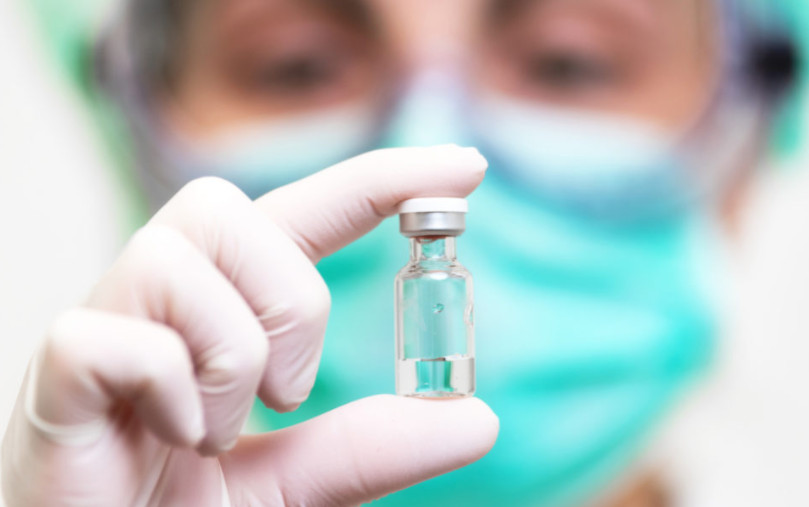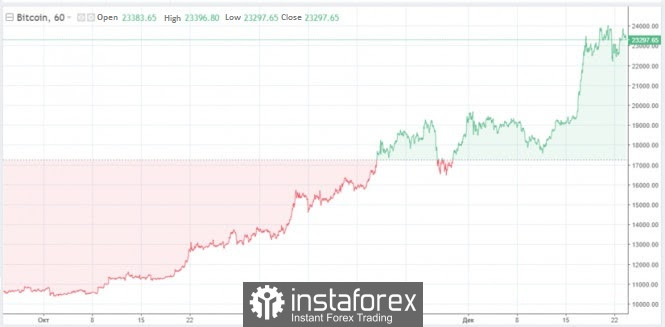
Mass vaccination against COVID-19 has officially begun in the EU countries on December 27. By the end of this year, the European Union plans to receive 12.5 million doses of the vaccine, which will be enough to vaccinate 6.25 million people. Manufacturers intend to produce 1.3 billion doses of the drug by next year, taking into account global demand. At the plenary session of the European Parliament on December 17, the head of the European Commission assured the public that such a number of doses of vaccines had been purchased, which is enough to vaccinate everyone in the European region. In addition to the pharmaceutical company Pfizer, contracts have been signed with manufacturers such as Moderna and AstraZeneca. The European Union plans to vaccinate all adult citizens of Europe in 2021.
However, the population is divided on the vaccination matter, some believe in the effectiveness and safety of vaccines, and are trying to grab the opportunity to be vaccinated first, while others are afraid of negative health consequences from a little-studied drug and are not sure of its effectiveness. It is worth noting that the level of doubt in many countries is quite high. At the same time, EU leaders assure their citizens that only through vaccination will they have the opportunity to return to their usual life in 2021.
In Germany, the first COVID-19 vaccine developed by BioNTech and Pfizer will be given to doctors and people over the age of 80. U[pon the start of the vaccination on Sunday, the first to receive vaccination was a 101-year-old woman from a nursing home in Halberstadt.
Vaccination has already started in Russia, the US, the UK, and Canada. Russia uses its own vaccine, Sputnik V, on its territory.
Victory over the pandemic will be the main driver of growth for the euro. A strong recovery in the global economy and international trade will have a positive impact on it.
The signing of an agreement between the UK and the European Union on Brexit can be considered one of the incentives for the euro at present. Meanwhile, US President Donald Trump signed a bill allocating $2.3 trillion in economic aid to the United States. However, this news did not have a significant impact on the EUR/USD pair: the rally does not continue yet. The Euro is trading near $1.22 against the dollar

Market participants are only concerned about whether the vaccination will help restore the previous state of the global economy and whether the newly minted US President Joe Biden will continue to expand the fiscal stimulus package in the future. Biden says that with him, the package of proposed and agreed aid for $2.3 trillion is only the beginning. If money flows into the US economy, then given the rise in oil prices, there is a high risk of reflation, that is, an increase in Fed rates and the debt market. In the end, this can lead to a significant sell-off in the US stock market. At the same time, the EUR/USD pair risks turning around after reaching the level of $1.25 – $1.27.
However, the fate of this currency pair may be different, especially considering that the Senate, with the Republicans ruling in it, is unlikely to approve of the larger stimulus measures that Biden has outlined for next year. New fiscal incentives are only possible if Democrats take over the Senate. If, in addition to this, the Fed does not raise interest rates on federal funds, then the euro will rise, the EUR/USD pair may well reach $1.3 in the coming year.





















